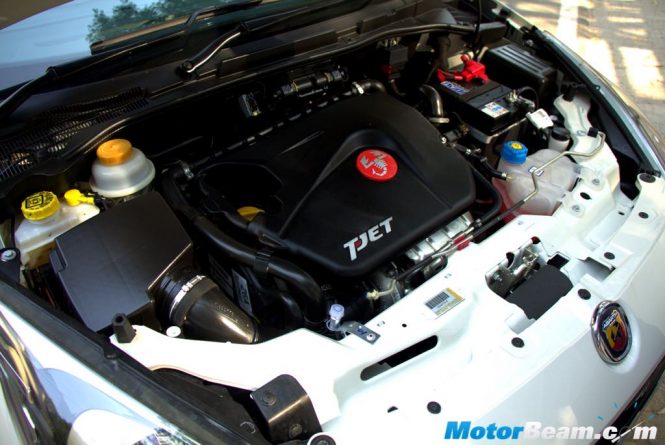Why is changing engine oil at regular intervals so important?
The engine is a crucial part of an automobile and often the one that is neglected the most. While exterior blemishes such as dents and scratches receive immediate attention, people often tend to neglect the condition of the engine. In every engine, there are certain metal components which grind against each other during operation. Engine oil reduces friction between these metal surfaces by lubricating them, in turn helping the engine to run smoother. Available in a variety of grades and three major types, engine oils consist of a base oil and some additives. Every automaker recommends a regular interval (in kms or time period) at which the engine oil should be replaced. Ideally, a 10,000 km or 1-year drain interval should be followed.
Below are 10 points which stress on the importance of changing engine oil –
10) Lubrication – Engine oils form a fine layer of lubrication over engine components. Lubrication protects engine parts from damage caused due to friction between components.
9) Cooling – A fresh engine oil helps to dissipate engine heat more effectively. Over time, engine oils tend to lose their lubrication properties which leads to excessive engine heating.
8) Engine Performance – Engine oil also affects the performance of an engine. A degraded engine oil becomes thicker and hinders engine components from moving seamlessly.
7) Engine Smoothness – Lubricating and cleaning properties of engine oils let the engine operate in a smooth manner. Mineral, semi-synthetic and fully-synthetic engine oils – in that order – have increased lubrication properties and lesser impurities.
6) Keeps The Engine Clean – Additives present in engine oils have cleansing properties which gradually remove the grime and contaminants left over by a degraded oil.
5) Prevents Corrosion – Engine oil, by lubricating engine components, acts as a layer of protection from corrosion. Most engine oils also come with anti-corrosion additives.
4) Fuel Efficiency – Used engine oils lead to more friction in engine components, making the engine work harder than it should. Gradually, this takes a toll on fuel efficiency as the engine gets older.
3) Harmful Contaminants – With use, engine oils tend to get thicker and lose their cleaning and lubricating properties, leading to build-up of sludge and contaminants inside.
2) Improved Engine Life – While modern engines are built to handle a certain degree of abuse, they all have a shelf life after which a rebuild is needed. With regular engine oil changes and mechanical empathy, one can ensure that the engine gets the best care and lasts for a long time.
1) Reduced Chances Of Premature Failures – An engine that receives timely oil changes will throw minimal tantrums and will prove to be reliable in the long run. Degraded engine oil leads to premature breakdowns and failures due to lack of proper lubrication, build-up of sludge, over-heating or corrosion.
Keep your vehicle in perfect condition, get it serviced today or give it a spa treatment at MotorBeam Garage HERE.

